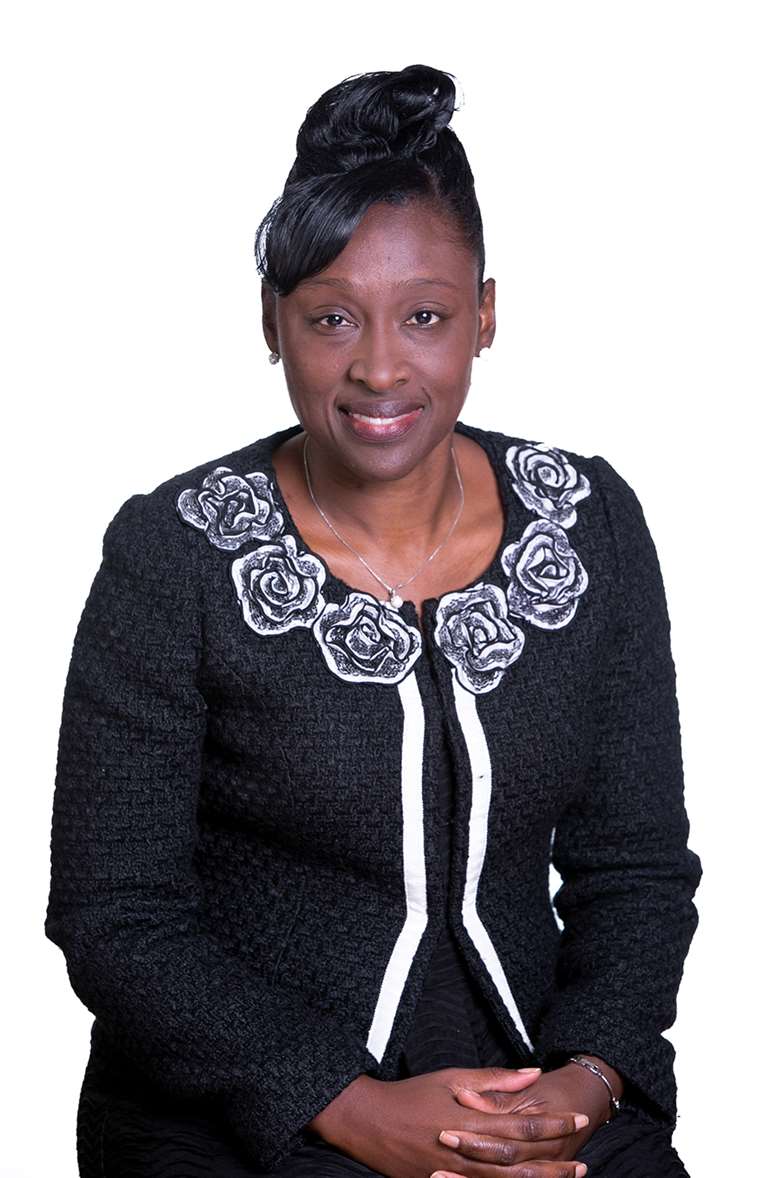Spending Review: Expand ‘no-referral’ mental health hubs for young people, says LGA
Nina Jacobs
Sunday, October 10, 2021
Support hubs that can be accessed without the need for a referral should be made widely available for young people with mental health problems, the Local Government Association (LGA) has said.

The association says easy access support such as hubs is needed to combat rising levels of mental health issues among young people amid the Covid-19 pandemic - and is calling for funding to be included in the Comprehensive Spending Review on 27 October.
-
Related news: Charities urge investment in parenting support
-
Key resources for World Mental Health Day
The LGA says creating dedicated centres that bring together services to support young people would help them before they hit crisis point. These would offer support for sexual health, drug and alcohol, and emotional and mental health issues.
The hubs, which can be accessed without a referral from a doctor or school and offer support up to the age of 25, already exist in some areas, the LGA said.
Some of these sites are reporting both social and economic benefits from the money invested in them, it added.
It urged the government to commit to further investment to allow councils to roll out more hubs nationwide and for local health leaders to play a key role in tackling rising levels of mental health issues.
The LGA expects this problem to trigger a “significant” rise in referrals for children’s support services, leading to more young people developing serious issues and an increase in clinical interventions.
Creating more hubs, which prioritise an early intervention approach, would also help provide alternative support models to current school-based interventions.
“They would also help plug gaps in support, especially for those whose needs are not mild to moderate - the group that school-based mental health support teams are designed to support - but also not serious enough to meet the referral criteria for specialist services,” it said.
Allowing councils to continue to play a lead role in managing these hubs would help share the responsibility of tackling mental health issues with the NHS.
“As well as long term and sustainable funding, frameworks will also need to be in place to help establish good partnership working with the NHS and third sector to run the hubs effectively,” the LGA added.
Figures from the Royal College of Psychiatrists show more than 190,000 patients under the age of 18 were referred to children and young people’s mental health services between April and June, an increase of 134 per cent on the same period last year.
Meanwhile, the Centre for Mental Health is predicting an estimated 1.5 million children and young people will need support for their mental health as a direct result of the pandemic in the next three to five years.
Councillor Anntoinette Bramble, chair of the LGA’s children and young people board, said it was crucial that early intervention and prevention services were able to help children avoid reaching crisis point in the first place.
“Early support hubs can help mental health services for children meet existing, new and unmet demand that has built up during the pandemic, while helping to avoid a potential forbidding Covid-19 legacy of a new generation of young people with enduring mental health issues,” she said.




